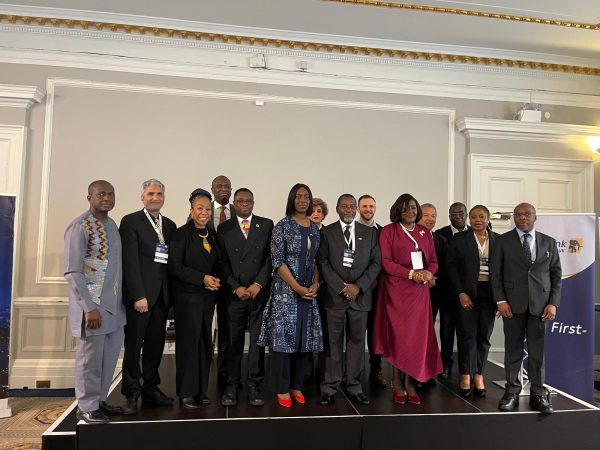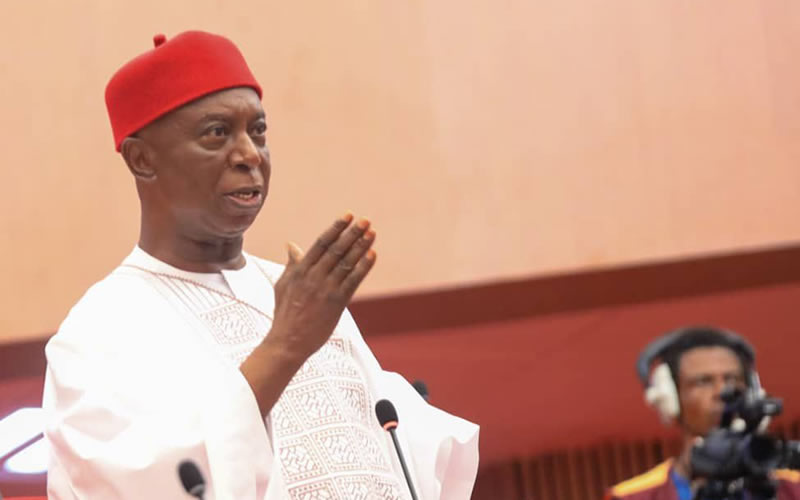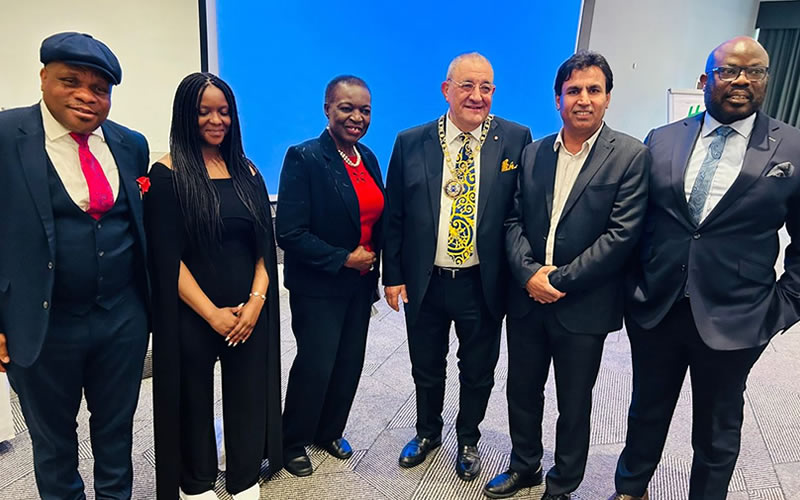
By Godson Azu British politics has always thrived on drama, but few moments capture its theatrical essence more sharply than...

By Godson Azu British politics has always thrived on drama, but few moments capture its theatrical essence more sharply than...

By Godson Azu President Bola Ahmed Tinubu’s acceptance of an invitation from His Majesty King Charles III to undertake a...

Economic Outlook UK–Nigeria 2026: Direction, Stability, Growth and Private Sector Outlook Hosted by: Nigeria British Chambers of Commerce (NBCC) In...

On August 20, 2024, a significant business meeting was held at the prestigious headquarters of Westminster Group Plc in Oxfordshire,...

ON FEBRUARY 23, 2005, the Bayelsa State capital, Yenagoa, played host to what may well qualify as the largest assembly...

In a historic announcement during the Wednesday plenary session on July 17, 2024, Senator Ned Munir Nwoko was appointed as...

The Governor of Akwa Ibom State, His Excellency, Pastor Umo Eno, recently embarked on a significant trip to Europe, focusing...

By Charles Chukwuedo Snr, Esq. There exists a time and place for every sentiment. It is crucial for individuals and...

London, June 25, 2024 – The Nigeria-British Chamber of Commerce (NBCC) hosted a highly successful trade mission summit at the...

FUND-YES is a national grassroots economic self-emancipation, poverty alleviation, family economic empowerment, financial investment, and wealth-building business cooperative society. It...

His Excellency, Dr. Morie Komba Manyeh attended the UK Trade, Investment & Agribusiness Summit/Fair 2024 in Peterborough, delivering a powerful...

In a significant development for the agricultural community in Peterborough, we are delighted to announce that Moor Farms, a prominent...

The Agribusiness and AgriTech Summit/Farm Tour in Peterborough, organized by Cater and Merger Consult Limited, concluded successfully on Friday, 24th...

Had a very productive meeting with the High Commissioner of the People’s Republic of Pakistan, H.E. Dr. Mohammad Faisal, in...
Subscribe to receive the latest insights, program updates, and business opportunities from Cater and Merger Consult